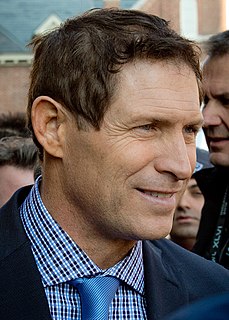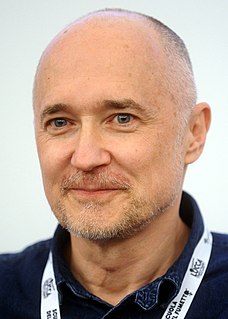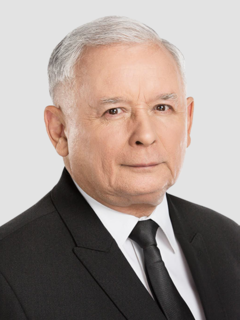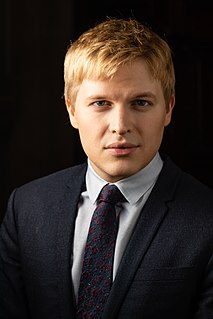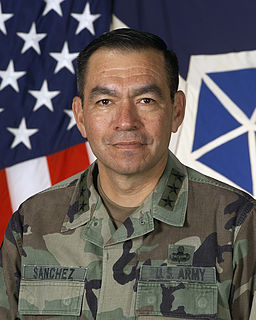A Quote by Kevin Macdonald
I think the parallels of a giant power with overwhelming military superiority and might, with America and Rome, it seems obvious to me.
Related Quotes
The U.S. might enjoy overwhelming military advantage, but its relative economic power, which in the long run is almost invariably decisive, is in decline. The interregnum after the Cold War, far from being the prelude to a new American age, was bearing the signs of what is now very visible: the emergence of a multipolar world.
Americans are an "almost chosen people," which is meant to suggest that there are clear parallels, literal, theological and everything else, between the American story and the Old Testament story of Israel and then the broader story of the Christian church. It's OK to recognize the parallels. It's OK to invoke them. But, you have to keep that "almost" in front of the "chosen." You can't go all the way and say, "America is Israel, America is the Church." That's where I think patriotism shades into, what I call, the heresy of nationalism.
Some 3,500 Muslims now serve in the U.S. military. The overwhelming majority of them are loyal Americans who see no conflict between their personal religious duty and service to their country. But there can no place in our military for those persons of any faith who do. America has now seen the horrors of what 'diversity at any cost' can lead to.
Suffice it to say that Wall Street investors in the drug industries have used the government to unleash and transform their economic power into political and global military might; never forget, America is not an opium or cocaine producing nation, and narcotic drugs are a strategic resource, upon which all of the above industries - including the military - depend. Controlling the world's drug supply, both legal and illegal, is a matter of national security.
In the aftermath of the terrorist attacks of September 11, 2001, I watched helplessly as the Bush administration led America into a strategic blunder of historic proportions. It became painfully obvious that the executive branch of our government did not trust its military. It relied instead on a neoconservative ideology developed by men and women with little, if any, military experience. Some senior military leaders did not challenge civilian decision makers at the appropriate times, and the courageous few who did take a stand were subsequently forced out of the service.




